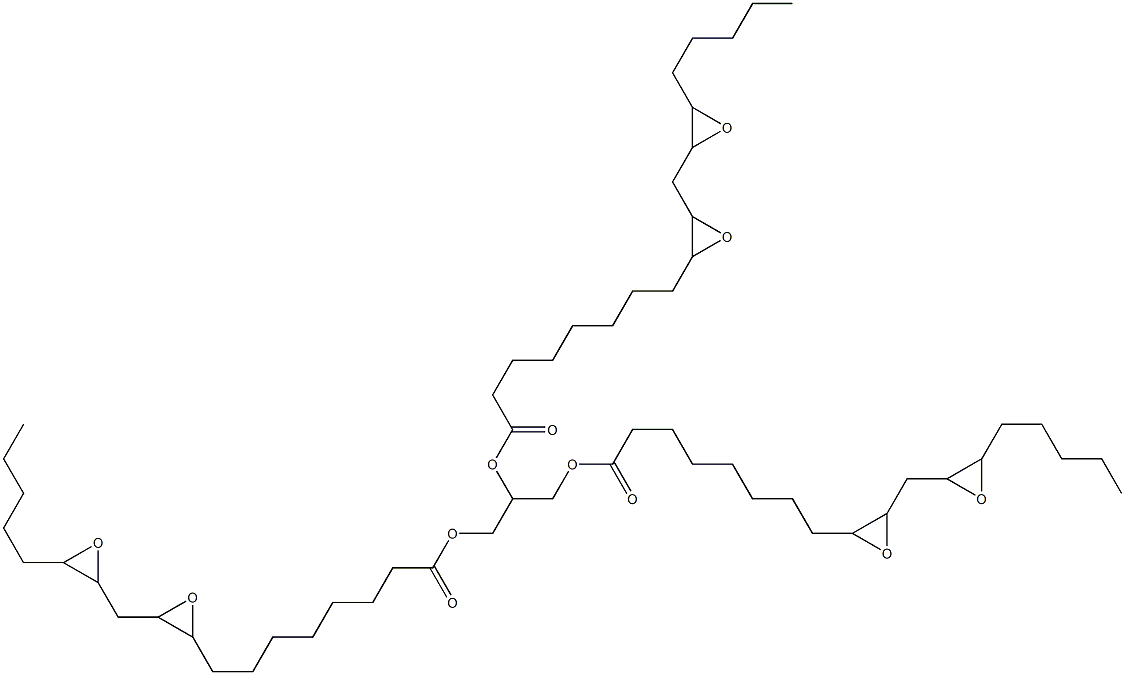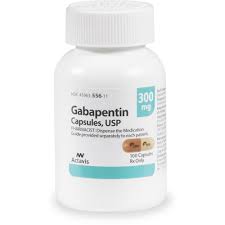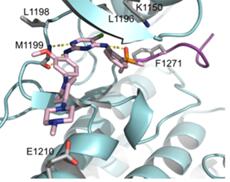Epoxidized soya bean oil– from soya bean oil to biobased plastics
Epoxidized soya bean oil (Epoxidized soybean oil, ESBO) is a non-toxic clear to yellow liquid which is manufactured from soybean oil through the epoxidation process, which consists of mixed organic compounds. In the United States, there are 1 billion pounds of soybean oil produced annually in excess of current commercial demand. Therefore, ESBO is industrially available in large volume at a low price, making it a cost-effective material for renewable or green polymers in industrial application. ESBO has been polymerized to form plastic materials such as ESBO-co-styrene/divinylbenzene resins, ESBO thermosetting allyl resins, a sheet molding compound resin, and a hydrogel, and fiber-reinforced composites.
Triglycerides are the major component in soybean oil, which contain both saturated and unsaturated fatty acids. The double bonds in soybean oil are not highly active for typical free radical polymerization. Therefore, the double bonds in the soybean oil need to be converted to more reactive functional groups such as epoxide groups, acrylate groups, hydroxyl groups, and even some bromoacrylated triglycerides, that can be used in the free radical polymerization. Specifically, soybean oil is used as precursors to epoxidized oil products as they contain high amount of carbon-carbon double bonds for epoxidation. After epoxidation, the epoxide group provides more active site for polymerization. Thus, ESBO is used as a plasticizer and stabilizer in plastic materials.
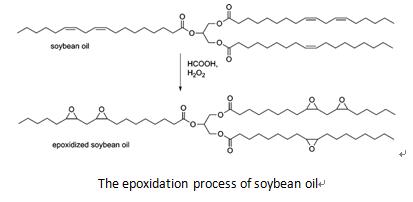
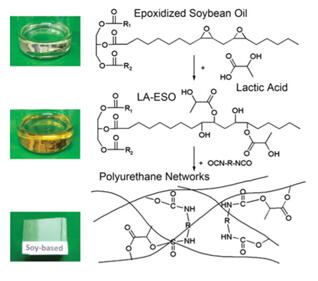
In industry, ESBO is produced by an in situ epoxidation in the presence of a strong acid as a catalyst such as H2SO4 and H3PO4. The drawbacks of this method are the corrosion of equipment due to the acidic solution and the product must be neutralized and purified. Moreover, these acids can initiate oxirane ring-opening reactions with water, and lead to the formation of hydroxyl group on the fatty acid backbone and other by-products. To eliminate these problems, enzymes involving peroxygenase and lipase have also been used in the epoxidation process.
ESBO is especially useful in PVC and its copolymers to keep plastics and rubber soft and pliable. As reported, epoxidized soybean oil was synthesized to toughen the tetrafunctional epoxy resins. The neat epoxy resins and modified networks were characterized and showed better thermal stability and flexural strength. Therefore, it is employed in various types of food packaging materials, medical products, all kinds of film, sheet, pipe, refrigerator seal, artificial leather, floor leather, plastic wallpaper, wire and cable and other daily-use plastic products.
Other applications of ESBO in industrial applications includes lubricants, adhesives, inks, paints and coatings, fuels/biodiesel, solvents, and surfactants. ESBO is also used for packaging of ready-cooked baby food as it is non-toxic, bio-based, bio-degradable, and phthalate-free.
See also
Lastest Price from Epoxidized soya bean oil manufacturers

US $10.00/kg2025-04-15
- CAS:
- 8013-07-8
- Min. Order:
- 1kg
- Purity:
- 99%
- Supply Ability:
- 20ton
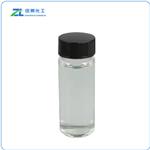
US $70.00/kg2025-04-15
- CAS:
- 8013-07-8
- Min. Order:
- 1kg
- Purity:
- 99
- Supply Ability:
- 5000
